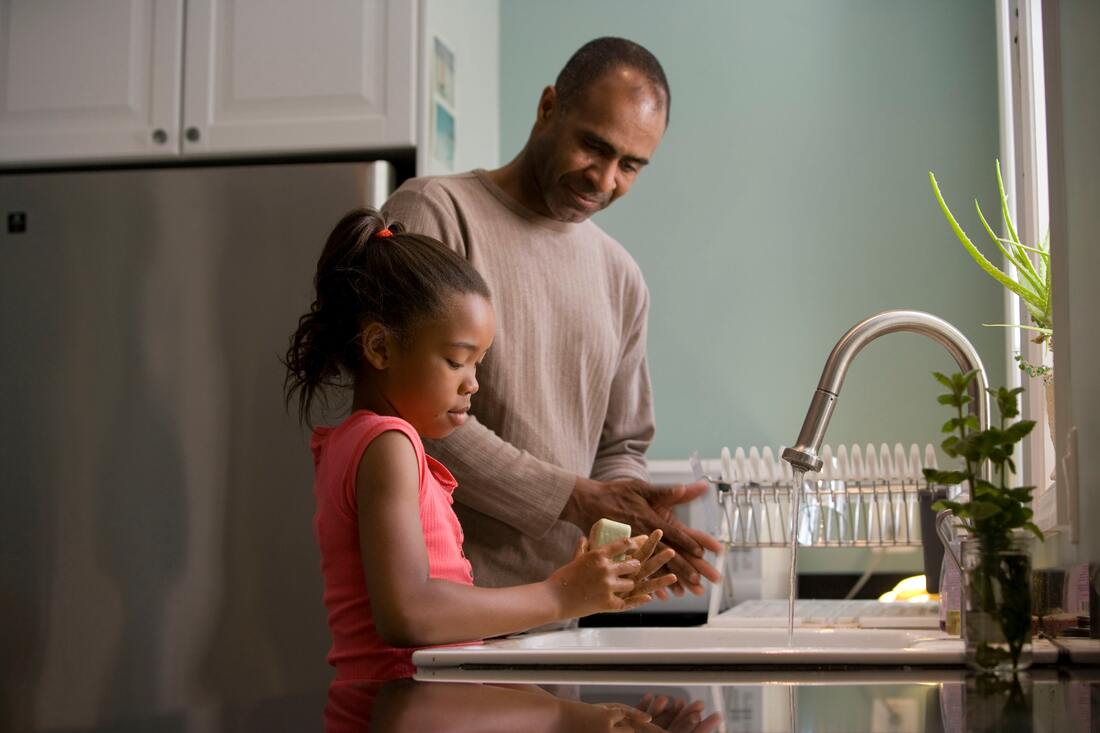|
Collaborative Post | ADHD and parenting are two of the most important aspects of life. However, it's hard to know what strategies work best when raising a child with ADHD. In this article, we will discuss some general tips for parents who have children with ADHD as well as specific strategies that work for each stage of your child's life. Unfortunately, there is no recognised cure for ADHD. But there are several very effective therapy options. Although it's not always the case, therapy programmes frequently involve ADHD medication. Despite the fact that the first line of therapy for ADHD in both children and adults is typically medication, many people and parents of children with ADHD are now choosing a more holistic approach. Numerous studies on natural ADHD treatments have been conducted, and they may help patients learn how to manage their condition. However, before beginning any supplements, it is better to consult a doctor because certain natural remedies may not function in the same manner as prescription medications. For ADHD medicines, visit buydiazepamuk to get them delivered to your doorstep. Set clear expectations and rulesIf your child has ADHD, setting clear expectations and rules can be helpful. For example, you might say, "You must finish all your homework by the time I get home from work on Friday night," or "You will clean up after yourself when I am not here, no matter how busy you are with other things." Setting clear expectations also help keep the family on track with daily routines and tasks. These may include:
Find ways to be involvedLet your child help you with homework and chores around the house, or find a hobby that both of you can do together. Don't let them be the only ones participating in activities like sports or clubs that require work from several members of the family, including grandparents, brothers and sisters (or older siblings). Don't give them everything they want; instead, encourage them by showing how much you love them on a daily basis. There are many techniques for relaxing and taking care of your child that can be utilised to control ADHD naturally. Additionally, these methods enhance the overall state of mental wellness. Help your child develop a sense of responsibilityChildren with ADHD generally have difficulty with responsibility. They may lack the ability to manage their time or simply have trouble prioritising tasks. However, this doesn't mean you should give up on your child and let them develop these skills on their own—instead, help them learn how to be responsible by setting expectations for what's expected of them in terms of completing tasks and following through on commitments. Taking medication for ADHD is not shameful. But because of potential negative consequences, the chance of dependence, or just personal preference, not everyone wants to take this route. Alternative at-home treatments for ADHD may be worth looking into if you'd prefer to go with a natural solution, and it is to your greatest advantage to avoid using medication. Tell your child how much you love themWhen you are frustrated with your child, telling them how much you love them is important. This will help them feel loved and supported. It may seem like a simple thing to do, but telling children that they matter can go a long way towards helping them feel like their parents care about their well-being. If your child's behaviour is causing problems in school or at home, try not to make demands on your child that are too difficult for them to fulfil (for example, if your child is struggling with homework assignments). Instead of making an ultimatum regarding what he needs to do right now—such as finishing up his homework right away—try asking him questions instead: "What kind of help would make sense?" Or ask yourself whether any other strategies could work better (such as trying another method altogether). If all else fails and there really isn't any other option besides giving up hope entirely, then maybe this might be an option after all! ADHD children need reassurance and loveADHD children need to know that they are loved.
ConclusionADHD is a disorder that affects millions of people around the world. Many people are diagnosed with ADHD, but the condition can also go undiagnosed because it's not easy to recognise in small children. For example, many parents don't know how to recognise when their child has been crying for weeks or even months because they've missed their cues.
Disclaimer: this is a collaborative post Comments are closed.
|
Search my blog ...Categories ...Read my latest blog post!Subscribe below to receive regular updates by email:
Archives
July 2024
|



